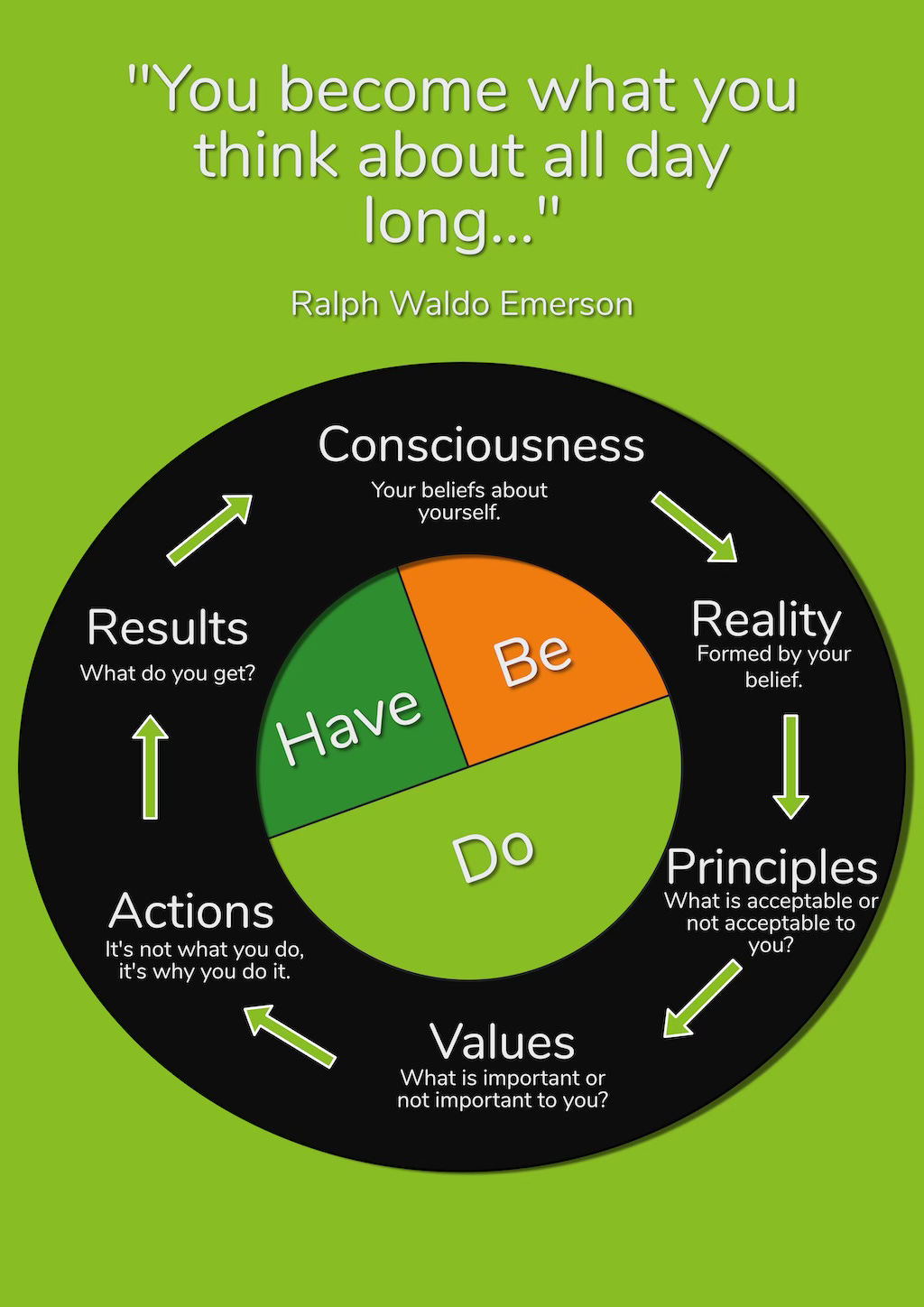FAIL
Why Your First Attempt In Learning Is the Most Important One
If we didn’t fail, we’d never move forward. We’d still be crawling, wobbling on all fours, drooling into the carpet. Failure isn’t a glitch in the system — it is the system. Watch a toddler learning to walk. They don’t take their first steps in perfect stride. They fall. A lot. But they don’t quit. There’s no inner critic. No shame. Just pure, stubborn, unfiltered tenacity.
So what happens to that spirit?
We start to fear failure around the time someone teaches us to. This is usually when an external voice starts to judge us: a wounded parent, a careless teacher, or an outdated education system designed to rank and file us based on how well we can memorise and repeat. That’s when failure goes from being a step to being a threat.
When Fear Meets Failure
Enter the lizard brain: fight, flight, or freeze. Ancient programming that sees every failure as a potential sabre-tooth tiger. And here’s how it plays out:
Fight: You plough forward with brute force. You outwork the fear. You battle through mistakes like a tank.
Flight: You dodge. Procrastinate. Avoid taking action altogether because anything is better than failing.
Freeze: You go numb. Paralysed by indecision and self-doubt. Ambition withers in the waiting.
This is where potential stalls. Not because we lack talent, but because we’re reacting to fear instead of reality. Taking command of the brain is to pause. Wait, breathe. Don’t jump into action. Most issues are not tigers; we only think they are.
The Loop We Can’t See
“More often than not, the problem isn’t that the issues we face can’t be solved. The problem is that we become so afraid of failure that we refuse to see a problem from a new perspective. As a result, we repeat the same mistakes over and over again — and there, of course, we find exactly the failure we were looking for.” — Superliminal
We manifest what we most want to avoid. That’s the great irony. We fear failing, so we stop trying. And in not trying, we guarantee the failure we feared.
The Myth of Perfection
Here’s the truth: even the most celebrated humans all suck at something. Every icon, innovator, or genius has a list of things they’re terrible at.
The difference is that they don’t stop when they hit a blocker. They kept the wheel turning.
Because cycles — whether they lead to success or failure — require momentum. Get moving, even if you’re limping, by any means you can muster. Small compounding movements gain momentum over time.
The Be — Do — Have Cycle
This isn’t some woo-woo life hack. It’s a practical loop for examining how you create your outcomes.
BE
Your Consciousness = What you believe about yourself and the world.
Your Reality = Shaped by those beliefs. Thoughts and world feed each other.
DO
Your Principles = What’s acceptable to you? Where do you draw the line?
Your Values = What matters most to you? These are your compass, your true north.
Your Actions = What you do is downstream of your beliefs and values.
HAVE
Your Results = The tangible outcomes of your beliefs, values, and actions.
This cycle is a map. And the beauty is: you can enter anywhere. Start with your results, trace your way back. Not to assign blame, but to understand the pattern.
Listen carefully. That quiet voice? That gut feeling you usually ignore? It’s often the wisest one in the room.
Hard is Good
Nobody said this would be easy.
But easy isn’t the goal.
Easy doesn’t build meaning. Easy doesn’t forge character.
Hard = Time + Effort
Good = Meaning + Value
What makes life good is that it isn’t easy, but it doesn’t mean it has to be horrible. Hard choices are born of clear personal principles and values.
You’re Not Broken
Finding your place in the universe isn’t about being the best. It’s about playing the right game.
You’re not a genetic failure. You’re a fish being asked to climb a tree (Thanks, Albert). It doesn’t mean you suck. It means you’re built for something else.
That’s where your principles and values come in. They help you find the path that fits. Not someone else’s road. Yours.
Choose Your Thoughts (Wisely)
“Your mind’s job is to make your thoughts real — even if they’re not true.”
— Marisa Peer
Your brain is a loyal servant. But it’ll build castles out of lies if you feed it the wrong script.
Rewrite the script. Feed your brain food that aligns with your beliefs about yourself. This may be a great place to start if things aren't working for you. What are you reading, watching, consuming, and why (the hard bit)?
And Finally…
Doubt is a mile wide but only an inch deep. Put your feet down. You’ll feel the bottom.
Failure isn’t the enemy. It’s the invitation.
To learn. To adapt. To find your edge.
It’s how we move, how we grow. How we take back the pen and write the next chapter — win, lose, or draw.
Because you are the author of your tale. And failure? Just plot development, and without something going wrong, without the narrative rift, there is no story.



